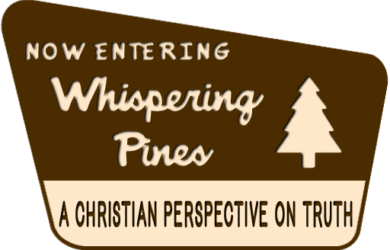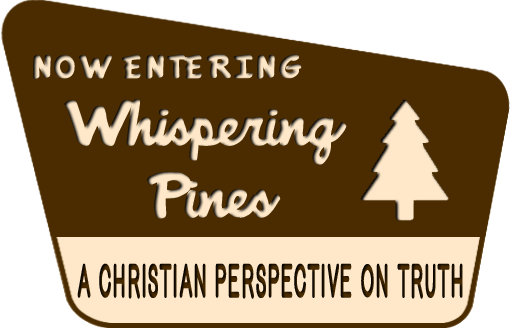United States
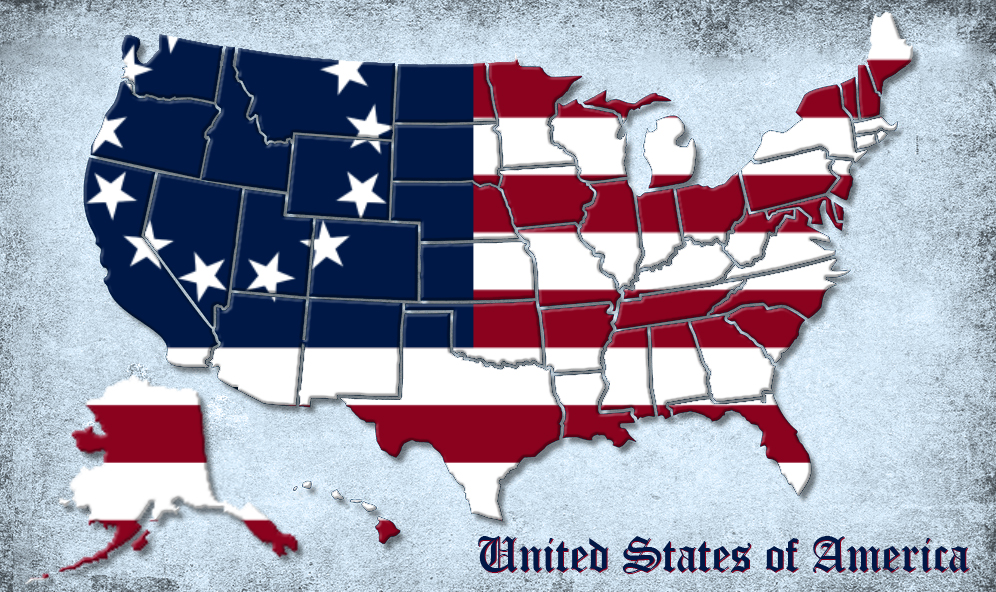
The United States population represents the people of the entire globe. It’s genuinely the Melting Pot of the world. That label refers to the vast diversity of its people. We come from all around the world seeking a better life. Our unique value (diversity) and contributions come together in the US. We believe this makes the nation better and stronger.
But it depends on quality immigration.
The United States (US) is not a Socialist country, and it’s not a Communist country. Many flee such government structures to the US.
A Short Civics Lesson About the United States
The US is a Constitutional Republic which practices Representative Democracy. The word “Republic” means the “state” or “nation”. And “Democracy” means the system within the state. It has very little to do with the two major political parties being derivatives of these words. It is possible that the two parties derived their names from the emphasis they sought to place on them. Republicans place importance on the state or nation, and Democrats place importance on the system within the state or nation.
A Republic is a state or country. A Constitutional Republic is a state or country that is defined by a Constitution.
The people run government in a democracy. Neither monarchs, Socialist/Communist committees, nor dictators run a democracy. The state or country is run in a Democracy through “the supreme power vested in the people”.
Representative Democracy is “government by the people and exercised by them directly or indirectly through a system of representation usually involving periodically held free elections”. In other words we choose people (by voting) to represent our interests in government who go to either state or federal congress and tell the legislature what we want and how we want government to implement what we want.
Representatives Overstep Their Authority
When representatives are voted into office, they win elections by getting more votes than their opponent. In the 21st century, the vote is typically divided between the two parties nearly equally with one party gaining a very thin margin of victory. When the majority vote is that thin, there is no mandate for a political philosophy being preferred over the other.
All of the people in a constituents area of representation are constituents of that representative. They are all supposed to be represented, regardless of whether they voted for the representative or not. When issues are divided along party lines, the tiebreaker isn’t the party in control. It is when they go to committee and discuss the best compromise, and that compromise passes a vote. At least that’s supposed to be the way it works.
Lately, representatives have been disloyal to democracy (government by the people) by ignoring constituents from the opposing party and legislating what they want. They are representatives—not rulers, and they are expected to represent all of their constituents—not just constituents from the party to which the representative belongs.
The United States is very popular globally because the people rule and that system works well for most people.
The benefits of such freedoms and flexibility to meet the majority needs of people have manifested in historic levels of innovation, invention, commerce, and sales of goods and services unmatched by any other nation. The wealth and innovation of the US made it able to build the military it benefits from. All of these things culminated in making it a superpower.
With Fame Comes Criticism
America, as we traditionally refer to the US, also has many internal and external critics, as you might expect from a world-leading superpower with its strength, wealth, and notoriety. The United States enjoys a broad global influence, which in turn benefits the world because the US is humane and generous.
It’s easy to look at how the United States benefits from its wealth and judge it for having poor, needy, and “marginalized” people, as if the system deliberately puts some people on the outside. Or judge it for its early history, (e.g., slavery, and taking the land from indigenous people). Or to judge it for not adequately meeting the needs of those not in the majority.
“Majority” in this case has nothing to do with political party or race—it simply means the number of people whose needs are being met by the government. The system always strives to meet the needs of the biggest majority possible. And “needs met by the government” means the needs the government is there to supply—not every little need a person could ever want or need. Americans are still responsible for themselves and meeting their own needs, except for infrastructure and military.
Diversity means a myriad of different wants and needs. Most people are content with their life and quality of life needs and wants being met, but some, out of a few billion around the globe, have different wants and needs and view the world differently. Consequently, these people are malcontents—critics of the United States. They perceive they are lacking. That perception comes from comparing themselves to others and what they think is different.
The Critics
Externally, we are accused of many things globally, including overstepping our authority, not doing enough, and, because of one former president, not doing right by the world community.
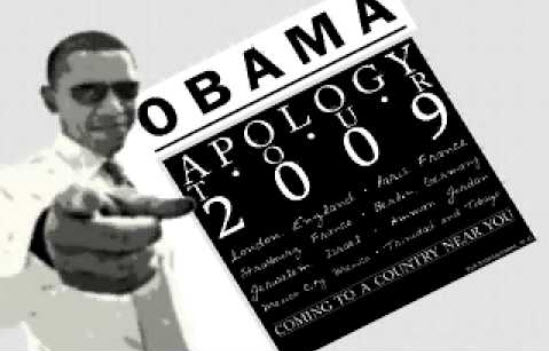
That president didn’t converse with the American people, but inferring his party supported everything he did, he did it on his own. He didn’t even gather his political party together and say, “Hey guys, I’m going on a world tour, and I’m going to apologize to the world for what we have done as a nation regarding our foreign policies”. Most of his party approved without discussion.
But that left nearly half the American population unrepresented, in disagreement with what he did, and even embarrassed at what he did and said.
Internally, we have been accused of everything from “systemic racism” to unfair treatment of minority groups and everything in between. All sorts of devices like “unconscious bias”, “micro-aggressions”, “white privilege”, “—phobias”, and more drive their points home.
It would be good if those accusations were based on facts but they are built on false premises. If the premises were correct, what they are trying to say might make sense. But because they are built on false premises and nearly half the nation is being accused of things they are not guilty of, the points the accusers make fall on resentful ears.
Trouble in Paradise
The message comes through loud and clear—But the terms not only offend the accused—the accusations begin with a perceived offense toward the accuser. Before the accusations came and offended the accused, perceptions offended the accusers. Nothing good comes from assuming or offense. It divides nations! Not good.
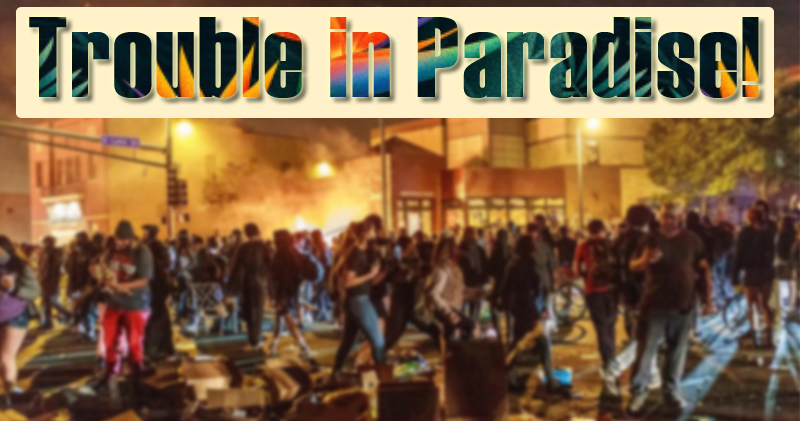
Millions of people flock to the United States every year, hoping for a good life in the land of opportunity. That says something about the US, and the fact that there is so much diversity says something about the US, too. It is a great place that has consistently done good for the world and its citizens because of its founding documents. That alone is a testimony to the principles preserved and cherished in its Constitution.
The US, standing on the guiding principles of the founding documents, has done nothing that needs an apology.
Conquering the land and taking most of it from the indigenous Americans who were here first is considered wrong by today’s standards. We don’t benefit form context of the time, but clearly some documented events happened that were wrong. Salvery was wrong, but as we will see in the section on Slavery in America, it wasn’t done with harmful intent. Other events such as wartime massacres were wrong, but what in war is right? And recognize that the United States is not the only group to have committed wrongs of this kind.
Harm have been done to people. While decisions of individuals acting as representatives of the US that have harmed people are unfortunate, they are the fault of those individuals and not of the founding principles of the US Constitution.
A Problem of Human Nature
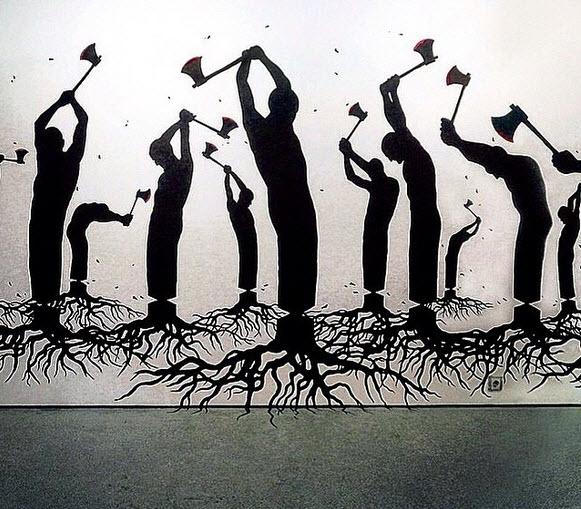
Human beings are imperfect. Consequently, problems surface in the United States like in any other nation. That doesn’t mean we should scrap the whole thing. Many, primarily on the political left, believe this nation’s underpinning philosophies are flawed, meaning we need to scrap the entire thing and use a different model.
Inferring that we should slam the door on freedoms (i.e., rewrite the Constitution to eliminiate freedoms), because individuals abuse them, is to cut off our proverbial nose to spite our face, (we look ridiculous without a perfectly good nose). The answer is to address the individual abuses—not scrap the freedoms.
The United States is Founded on Good, Universally Accepted Ideas
When you consider the very basic things that go back to the beginning of human history, it is natural to want to be able to do what you want. However, until the United States, all forms of government exercised control over their populations. Wealthy elites controlled them all. Think about that. Who likes being controlled by others? The US Constitution, for the first time in history, formed a government “of the people, by the people, and for the people”. It doesn’t say “of the king, by the tyrant, and for the wealthy elites”, like every previous government used to say without saying it.
By comparison, the United States Constitution was the first document in world history to define a system of governance where the people run the government. It was innovative and technically brilliant. It was also timeless, meaning no matter what advances in human invention, it still applies because it is based on human nature—not locked into time by human invention.
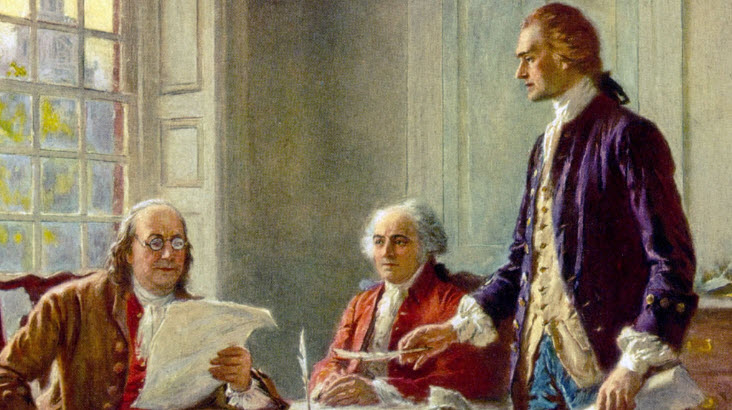
Furthermore, concepts from the Declaration of Independence endorse principles such as: “all [humans] are created equal”, and we all have “unalienable Rights“ like the right to “Life, Liberty and the pursuit of Happiness”. These principles illustrate our fierce loyalty to freedom and independent governance.
The Constitution also gave us the right to redress grievances. Combined with the right to speak our minds and have a free press, these things speak of individual freedom. These are codified into the foundations of this nation. They are good ideas.
Obviously, putting these ideas into practice differs from having them as a basis for founding this nation.
We realize that when talking about freedom, we bear in mind the stain of slavery in US history. Slavery, in particular, sullied these concepts in our eyes. Slavery diminishes these good ideas.
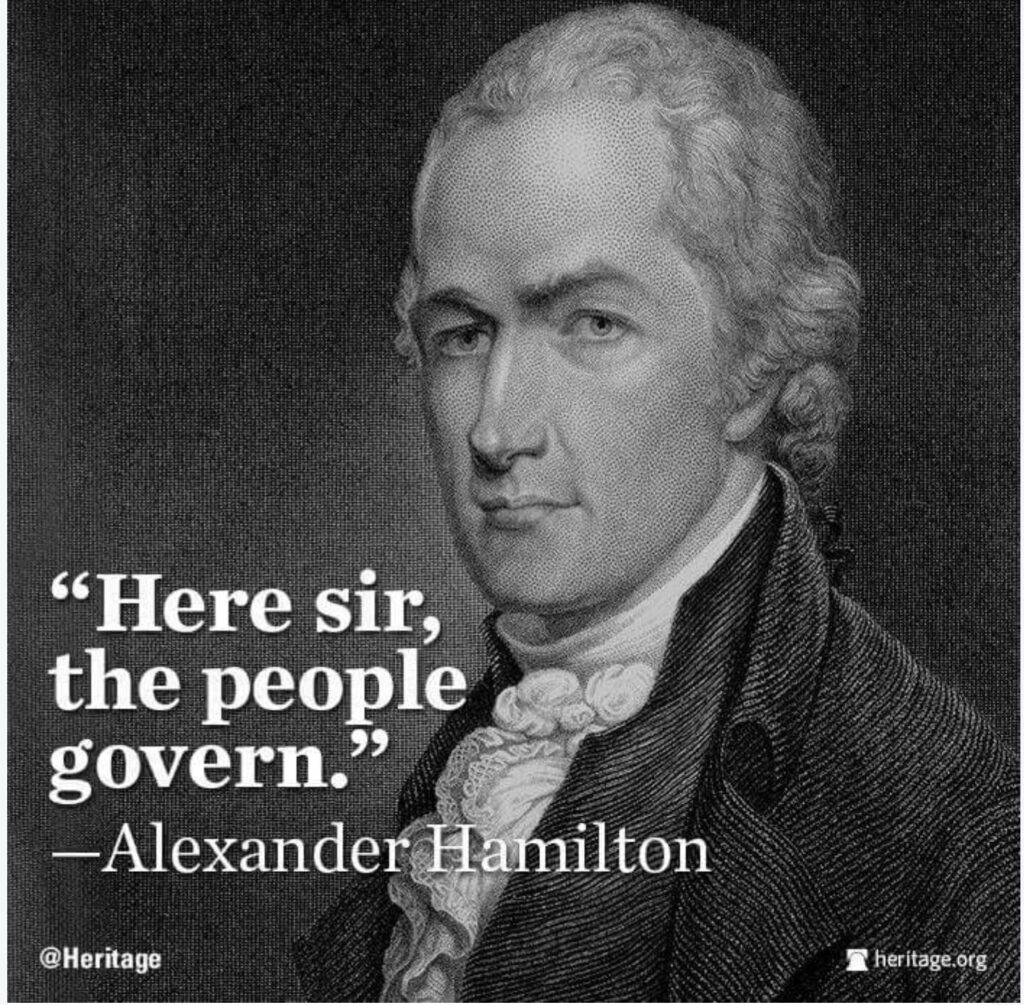
Why It Is Important
This is why we want to delve into these topics. In this section we will do just that.
We go into these other reasons below. For now, we want the reader to see that the founding documents have no evil intentions, and conspiracy theories that the Constitution is racist because those who authored it were racist is a false premise.
An Example of the Harm Done—A Destructive Domino Effect
Suppose that the first premise, that the Founding Fathers held enslaved people, therefore, they were racist, is false. Suppose circumstances compelled them to keep people enslaved before, during, and after the Revolutionary War. That would mean everyone who defied the Constitution was wrong. As a result, the premise that the police and other governmental institutions were not systemically racist. It would mean the penal system was not picking on blacks for racist reasons.
Why The First Premise Fails
By nature, most people are not racist or discriminatory. But, rather than looking at that fact and continuing the conversation from that point, these accusers set out to find devices that prove their point—doubling down on a false premise! And that’s how such hateful labels come into being. Yes, they are hurtful. Because the accused know they aren’t guilty, resentment rises in their hearts and minds. Yet their accusers do not relent or listen.
This country has become so divided, which is a shame because this nation has done so much for the world and its citizens since its beginning.
Here’s the Point
Most people believe things they hear without investigating, and some of the controversial things have facts which are either ignored or hidden. Those truths are difficult to locate unless you know where to look or dig deep. When exposed, they change the perspective.
For that reason, we want to provide information to look at and a perspective that needs to have more of a voice. We intend to inform and speak truth, not denigrate, harm, or hinder anyone in any way. Some topics are sensitive, and we ask that you carefully read to the end, be introspective, and think about what we say honestly and fairly. Ask questions. Open dialogue. Your views genuinely interest us!
Are you fair-minded and open to hearing other perspectives? Join us in exploring hidden facts that we believe change thepopular perception of the United States.
Powered by WordPress
Send your thoughts and questions on the United States
We invite you to send your respectful questions and comments for discussion.

